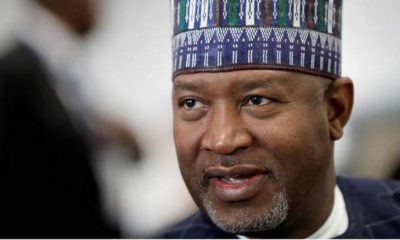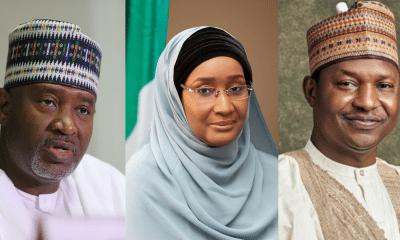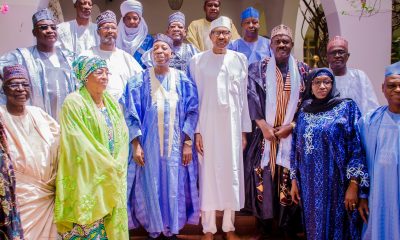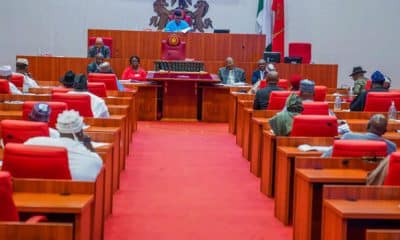Nigeria News
N/Assembly To Supreme Court: Dismiss Suit Requesting Removal of Section 84 (12) Of Electoral Act
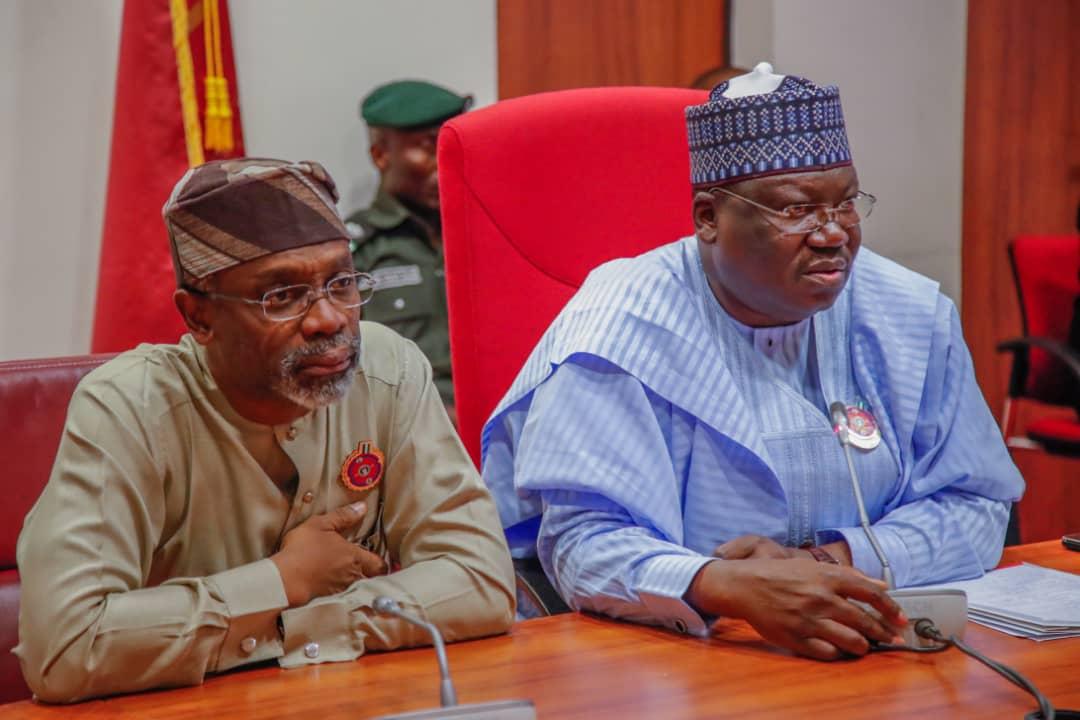
The National Assembly has urged the Supreme Court to dismiss the suit requesting the removal of Section 84 (12) of the Electoral Act, 2022.
Naija News earlier reported that President Muhammadu Buhari and the Attorney-General of the Federation, Abubakar Malami (SAN), had asked the apex court to order the deletion of the controversial section.
In the suit marked SC/CV/504/2022 and filed on April 29, 2022, Buhari and Malami said Section 84(12) is inconsistent with the provisions of the 1999 constitution.
The duo also stated the section of the electoral act is not in line with Article 2 of the African Charter on Human and People and Peoples Rights.
In its counter-affidavit filed by its lawyer, Kayode Ajulo, the National Assembly said the Supreme Court cannot order the removal of the controversial section of the Electoral Act.
The lawmakers added that Buhari and Malami cannot ask the apex court to amend the provision of any law validity made in the exercise of their legislative powers as granted by the constitution.
According to the court document seen by SaharaReporters, the National Assembly said that the 1999 Constitution already gave the legislature the power to make laws for the good governance of the nation.
The defendants said Buhari had signed the electoral act in accordance with the Constitution, and cannot make a u-turn by using the court to alter the law.
It read, “We submit that the 1st Plaintiff having on Friday, 25th February, 2022 signed the Electoral Bill, 2022 into law in accordance with the Constitution, cannot approbate at the same time by making a U-turn by using the machinery of this Honorable Court as enshrined in Section 232 of the Constitution of the Federal Republic of Nigeria 1999 (as amended) and the Supreme Court (Additional Jurisdiction) Act of 2002 to partly undo that which by the provision of Section 58 of the Constitution of the Federal Republic of Nigeria 1999 (As Amended) has been done.
“By assenting to the passage of the Electoral Bill, 2022 into law, the 1st Plaintiff has conclusively discharged his duty under the Constitution and there is no basis to attempting to undo that which he has done by virtue of his powers under Section 58 of the Constitution of the Federal Republic of Nigeria 1999 (as amended).
“We submit that the act complained of is a joint and voluntary act of the 1st Plaintiff and the Defendant in the exercise of his powers to assent to a bill for Act of the National Assembly as provided by the provisions of Section 58(4) and (5) of Constitution of the Federal Republic of Nigeria 1999 (as amended).
“My Lords, we must commend the audacious attempt by the Plaintiffs to build a castle in the air. However, we must be guided by our knowledge of the law of physics and dynamics of our mortal would in calling the Plaintiffs to order so as to prevent the impending waste of state resources by embarking on what should be ordinarily be found within the infantile imagination of a six-year-old who is still exploring the infant probabilities of overindulgence in Marvel comics.
“The original jurisdiction of the Supreme Court cannot be invoked to amend the provision of any law validity made by the National Assembly in the exercise of the legislative powers granted it by the Constitution of the Federal Republic of Nigeria 1999 (as amended).
“The suit as constituted neither discloses nor raises any question of law or fact which may give rise to the existence or extent of a legal right in favour of the office of the 1st Plaintiff/Respondent.
“The original jurisdiction of the Supreme Court as contained in Section 232(1) of the Constitution of the FRN 1999 (as amended) and section 1(1)(A) of the Supreme Court (Additional jurisdiction) Act. No. 3 2002 cannot be invoked to institute an action for the enforcement of human rights as enshrined in the African Charter on Human and People and Peoples Rights.”

